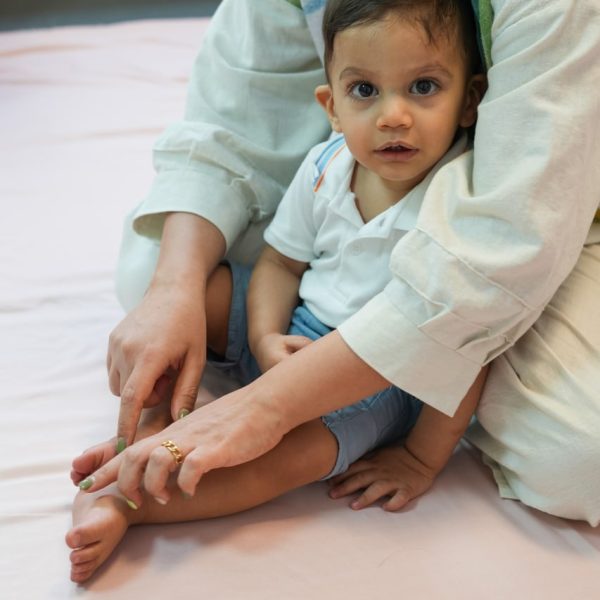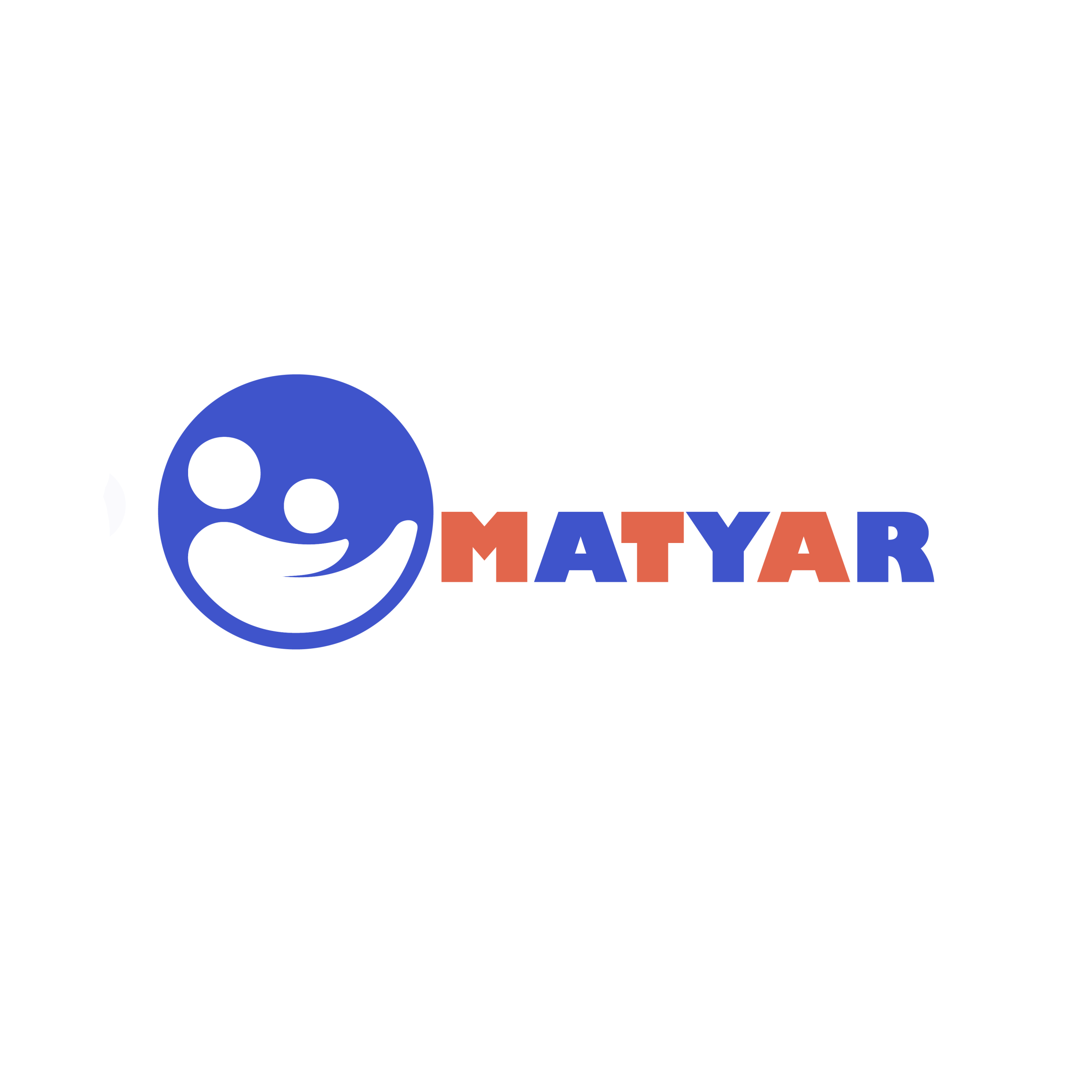
What is the purpose of the Mother and Baby Workshop?
We believe that until the age of three, children should explore and experience the world alongside their mothers.
Summer 2025 Mother and Baby Workshop
This program focuses on strengthening the mother–child bond, exploring effective ways of playing with children, and supporting key developmental areas.
The workshop covers cognitive and intellectual growth, language and communication, emotional and social development, physical and motor skills, aesthetic appreciation, self-leadership, and overall quality enhancement of the mother–child relationship.

Ninja Mother and Baby Classes – summer Term
As part of the winter Mother and Baby Workshop, we offer special Ninja Classes tailored to the child’s age group. These classes combine fun physical activities with developmental benefits designed to support both body and mind:
- Strengthening muscles: Ninja exercises help develop both fine and gross motor muscles in the hands and legs.
- Improving balance and coordination: Through dynamic ninja movements, children enhance their balance and overall body coordination.
- Advancing motor skills: Engaging activities promote the growth of fine and gross motor abilities.
- Encouraging physical activity: Ninja classes motivate children to stay active, building healthier physical habits.
- Boosting self-confidence: Overcoming movement challenges fosters a sense of achievement and stronger self-esteem.
- Developing social skills: In group ninja activities, children learn to interact, cooperate, and strengthen social bonds.
👉 A playful, energetic, and developmental experience for young children and their mothers.

Educational Skills in the Mother and Baby Workshop
In the Matyar Mother and Baby Workshops, we enhance each of these skill areas through play-based and child-centered activities.
Age groups are divided into three-month intervals, continuing until the child reaches three years old. After that, the child enters the independence phase, where, in a shared space, the mother engages in her own class activities while the child participates in their respective class.
Physical and Motor Skills
Children develop gross motor abilities and coordination, balance, stability, and muscle control through activities such as grasping fabric, grabbing, pushing objects, pulling, and more.
Cognitive Skills
Children develop cognitive abilities by listening to different sounds and identifying their source, recognizing various scents, understanding daily sequences such as day and night, and more..
Language and Communication Skills
Children practice vocalizations to interact with their parents, such as cooing, stretching words, squealing, babbling, and producing syllables like “mama” or “dada” while expressing themselves.
Emotional and Social Skills
In the emotional and social domain, children of different ages learn essential routines and etiquette, including table manners, sitting together at the table, making friends, bathroom habits, kindness practices, brushing teeth, handwashing, and more.
